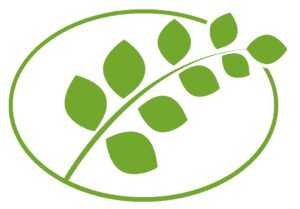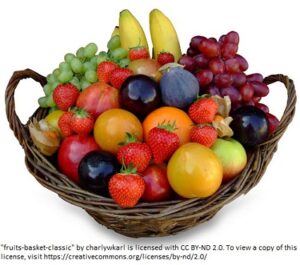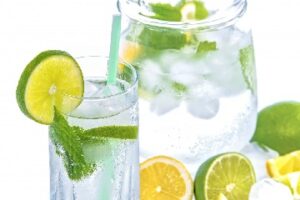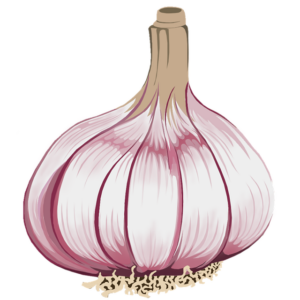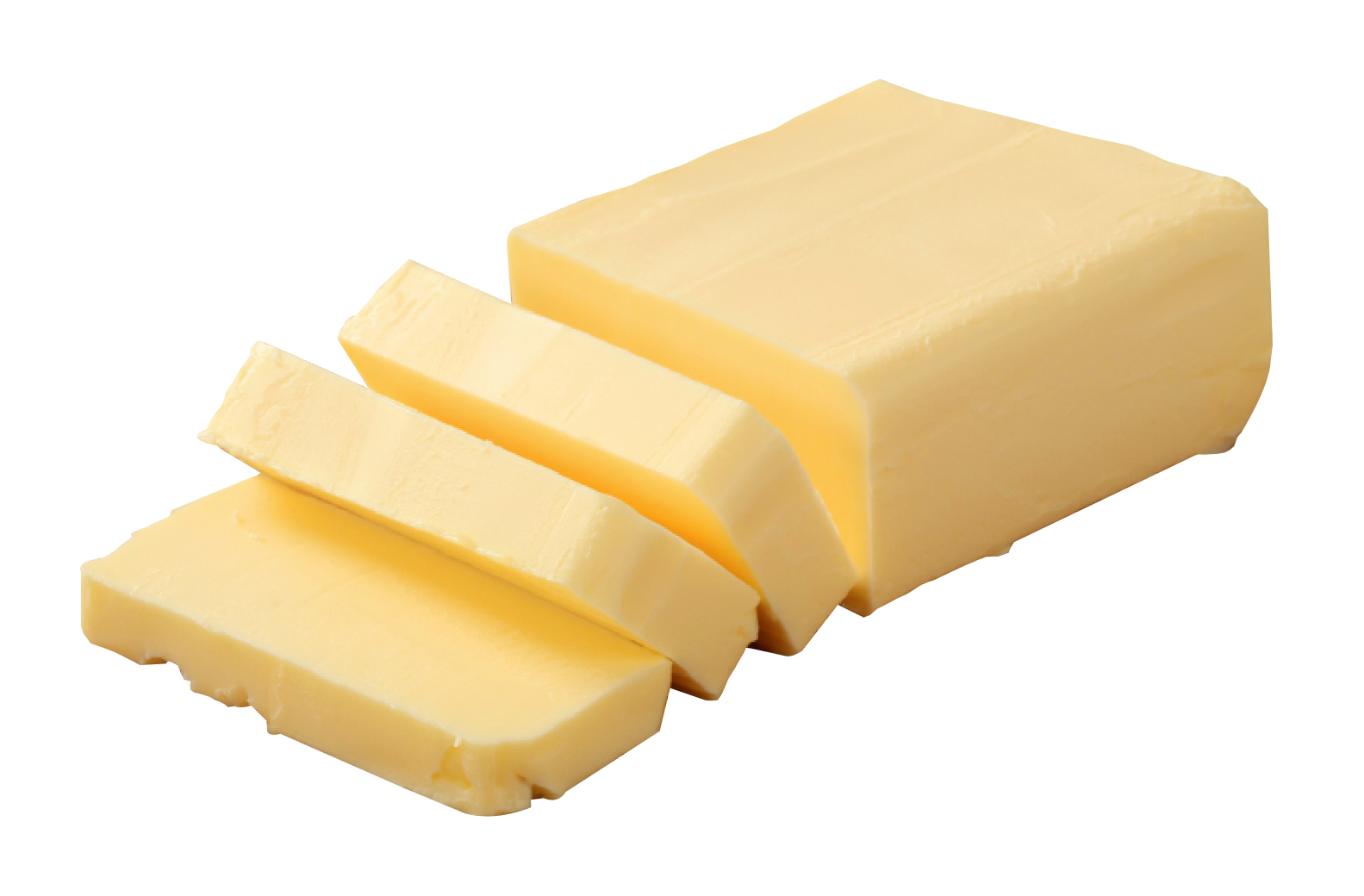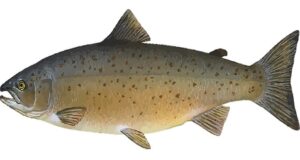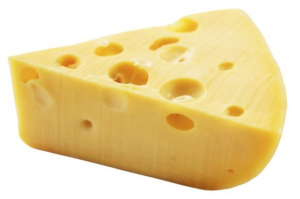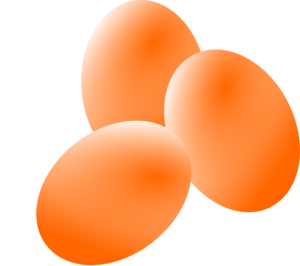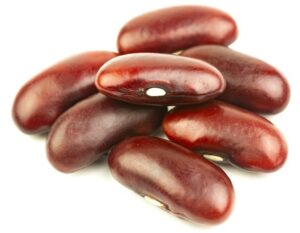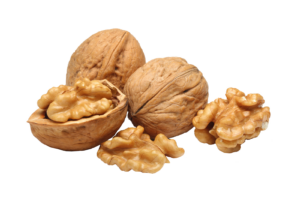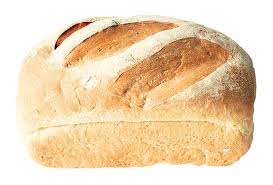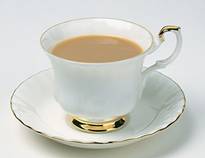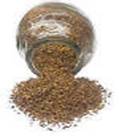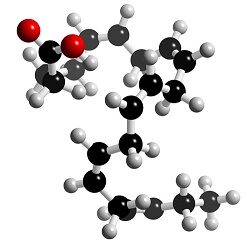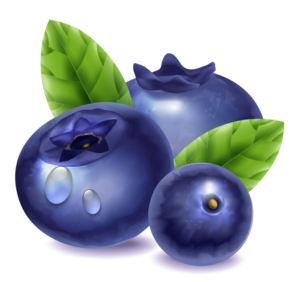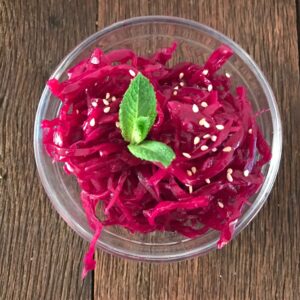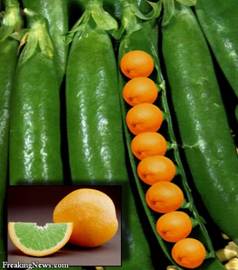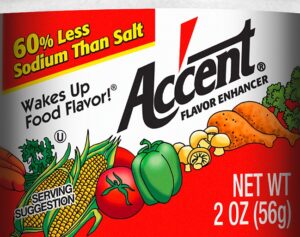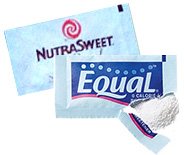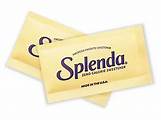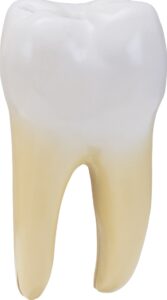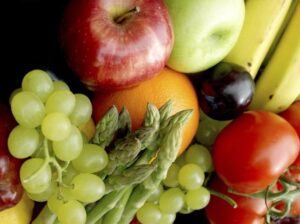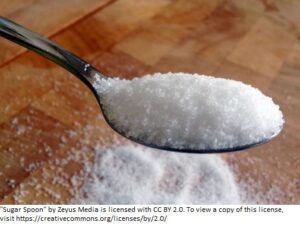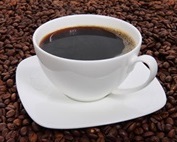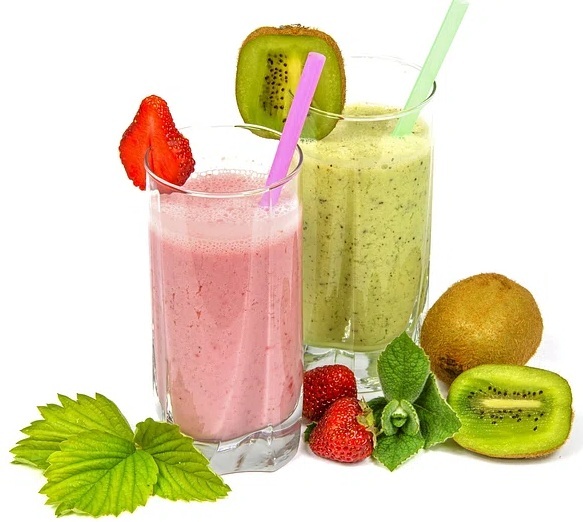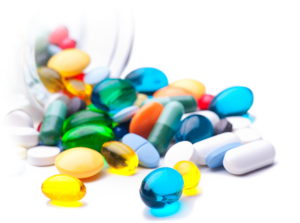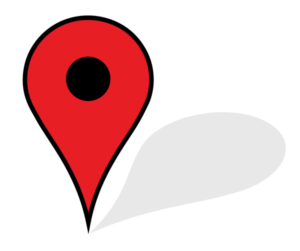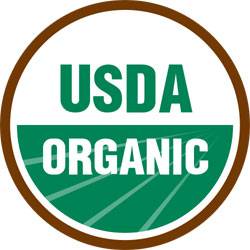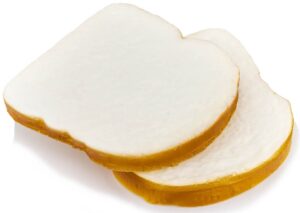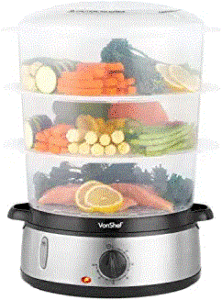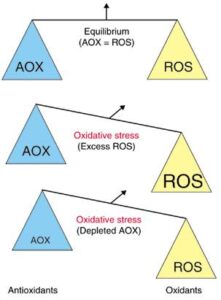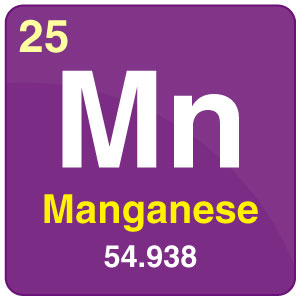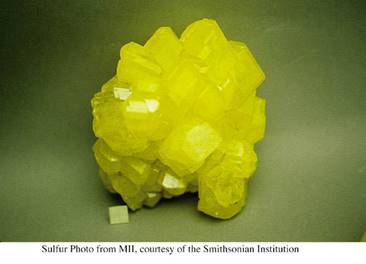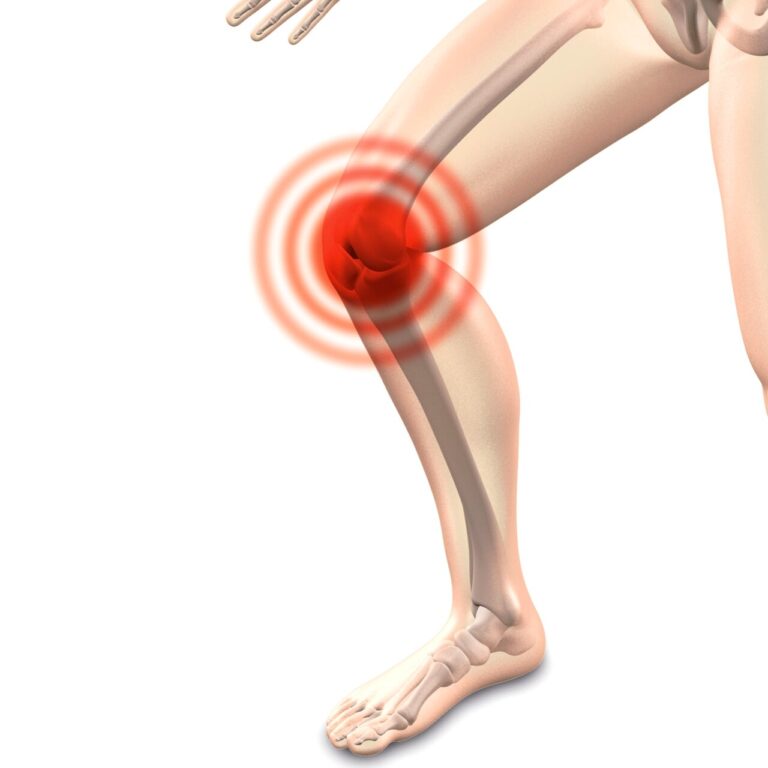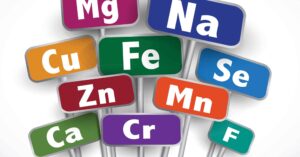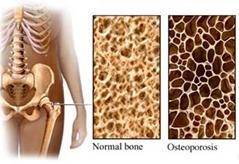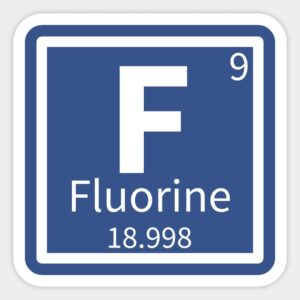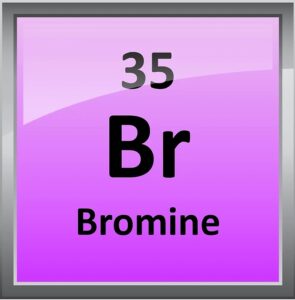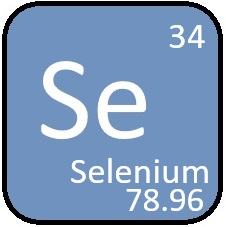
Zinc - The man's mineral
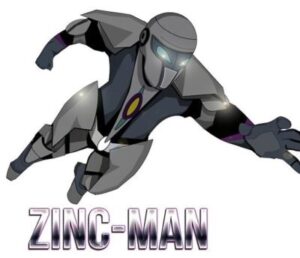
What does zinc do for us ? (including women 😀 )
- Accelerates the activity of approximately 100 different body enzymes
- Promotes immune function
- Supports healthy cell growth and development
- Ensures proper sense of taste and smell
- Prostate health
- Anti-inflammatory agent
- Thyroid health
Zinc-containing foods
The body cannot store zinc. However, it is easily obtained from diet:
Meat and poultry are good sources – also oysters, crab, lobster, beans, nuts, whole grains, fortified breakfast cereals, and dairy products. Oysters contain more zinc than any other food – however, this author does not advocate eating shellfish, which do a great job of cleaning up the planet and can be toxic.
ZINC-RICH Foods | ||
| Food | Serving size | Zinc (mg) |
| Roasted pumpkin seeds | ¼ cup | 4.2 |
| Toasted sesame seeds | ¼ cup | 3.3 |
| Brazil nuts | ½ cup | 2.7 |
| Soybeans (only eat organic beans) | ½ cup | 4.5 |
| Wheatgerm cereal (toasted, ready to eat) | ½ cup | 9.4 |
| Yogurt (low fat, plain) | 8 oz | 2.2 |
| Baked beans | ½ cup | 6.9 |
| Sirloin, broiled | 3 oz | 5.5 |
Conditions /persons with special zinc needs
Vegetarians. Legumes and whole grains contain phytates that bind zinc and inhibit its absorption in the body. They may require 50% more zinc than non-vegetarians.
Pregnant/Nursing women. High fetal requirements and breast feeding can deplete their body’s zinc.
Older men. Need a zinc sufficiency to protect against formation of abnormal prostate cells and impotence:
- The human prostate has the highest accumulation of zinc of any soft tissue in the body
- Cancerous prostates seem to have less zinc than normal prostates
- Severe zinc deficiency can lead to impotence by affecting Testosterone
Those with thyroid dysfunction. Zinc is required for conversion of inactive thyroid hormone (T4 ) to its active T3 form. Zn is also needed for optimal immune system function, without which can cause autoimmune problems as in Hashimoto’s disease (#1 cause of hypothyroidism and low thyroid problem in U.S.)
Those with allergies. Hard on the immune system
“Teeth-grinders”. Zinc (also niacin) deficiency can cause involuntary grinding of teeth, especially when sleeping or stressed; To relieve pressure on the jaw, move your lower jaw all the way left and then all the way right. You may hear your jaw joint crack.
White spots on fingernails. A symptom of zinc deficiency Wilson’s Disease. A problem of copper build-up in the liver.
Digestive disorders / gastrointestinal surgery. E.g. ulcerative colitis, Crohn’s disease, partial removal of intestines, weight-loss surgery decrease amount of zinc absorbed, increasing loss in urine.
Older infants who are breastfed. Breast milk does not have enough zinc for infants over 6 months of age. Non-formula-fed older infants should be given foods that have zinc such as pureed meats.
Alcoholics. Alcoholic beverages decrease the amount of zinc that the body absorbs and increase the amount lost in the urine. Also, many alcoholics have a poor diet.
Sickle cell disease. Creates a need for more zinc.
Supplementing zinc
Supplemental forms: include zinc gluconate, zinc sulfate, and zinc acetate. Normal daily recommended intakes (not RDA) for zinc are as follows:
| Persons | Zinc (mg) |
| Infants and children birth to 3 years of age | 5-10 |
| Children 4 to 6 years of age | 10 |
| Children 7 to 10 years of age | 10 |
| Adolescent /Adult males | 15 |
| Adolescent /Adult females | 12 |
| Pregnant females | 15 |
| Breast-feeding females | 16-19 |
Upper limit is 40 mg/day. Excessive zinc intake can lead to nausea, vomiting, loss of appetite, abdominal cramps, diarrhea, and headaches. Taking large quantities of zinc (50 mg/day or more) over a period of weeks can affect copper bioavailability.

